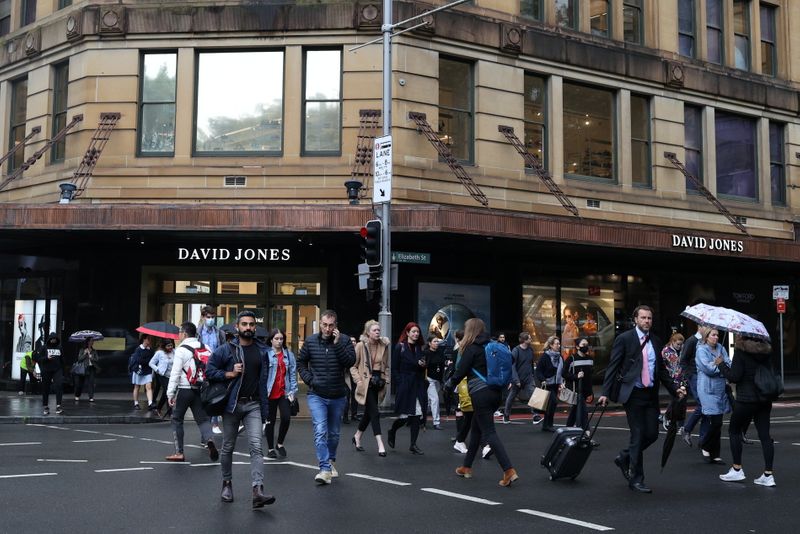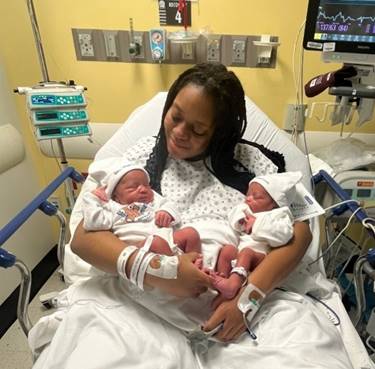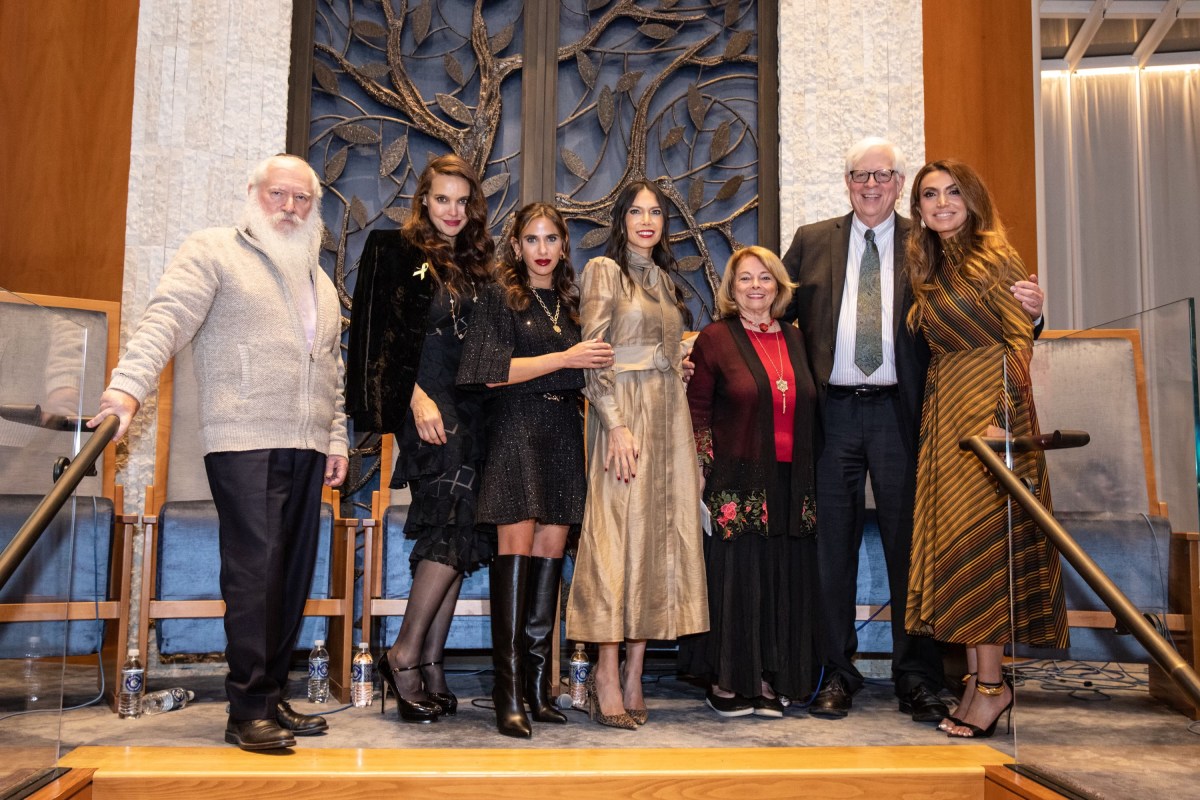SYDNEY (Reuters) – Australia’s western state began on Tuesday to allow travellers from Victoria and New South Wales (NSW) to enter without having to quarantine for the first time in eight months, in the latest sign the country is returning to some kind of normalcy.
Passengers on a Qantas flight arrived in Perth, the capital of Western Australia, from Sydney to emotional scenes of families reuniting after months of separation.
The move comes as Australia’s two most populous states have seen little to no new cases in recent weeks, and underscores Australia’s success in containing the COVID-19 pandemic which has killed over 1.5 million people worldwide.
“We’re so happy,” Tithi Kulkarni told reporters in Perth as she hugged her boyfriend Ruchira Jayasena who had been in Sydney for the last six months. “So happy to have him back.”
People entering Western Australia from Victoria and NSW will no longer be required to observe a quarantine in a hotel for two weeks, state Premier Mark McGowan said.
Victoria has had no new cases for more than a month while NSW has recorded just one local infection in the last four weeks, state government data shows.
The easing of restrictions means only people arriving from South Australia, which reported 30 new coronavirus cases late last month, will have to quarantine upon arrival. Western Australia had already resumed free travel with other states in recent weeks.
McGowan’s hard line stance on the state’s borders has frustrated federal leaders and eastern state residents looking to return home to see family.
But McGowan’s approach has proven widely popular at home, where the local economy is roaring and benefiting from lofty iron ore and wheat prices.
Western Australia accounts for nearly all production of Australia’s most valuable export -iron ore – and is Australia’s largest wheat exporter.
In another sign of a strong local economy, data last week showed Perth’s median house price grew 2.4% over the past 12 months, its biggest annual gain since 2014.
(Reporting by Colin Packham; Editing by Ana Nicolaci da Costa)
























